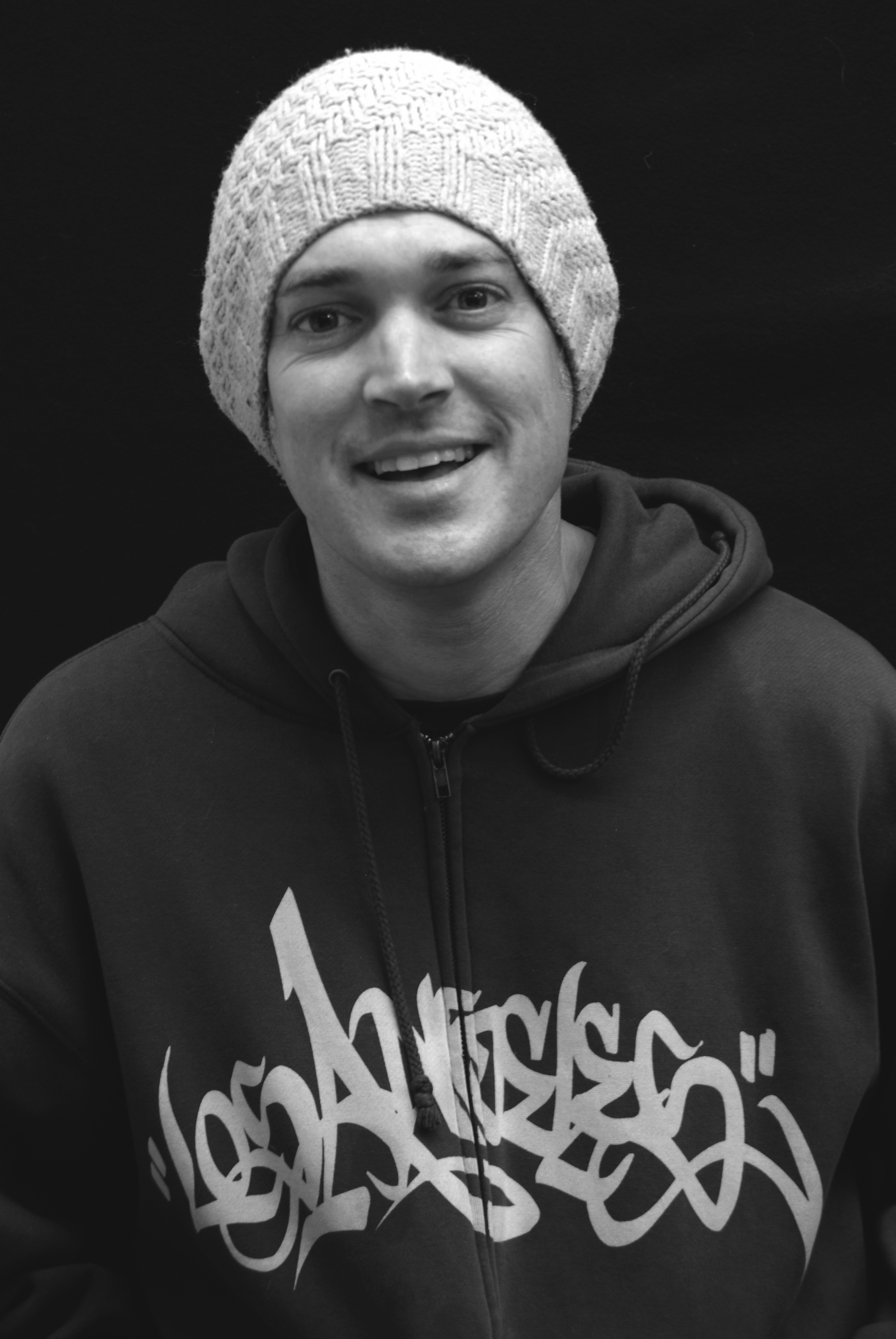Ilya Kaminsky Represents for San Diego Authors
For the month of January (Happy New Year!), San Diego-based P&W-supported poet Ilya Kaminsky, will blog about the literary life in San Diego and Southern California. Kaminsky, author of Dancing in Odessa, was awarded an American Academy of Arts and Letters' s Metcalf Award, a Whiting Writers Award, and a Lannan Fellowship, among others. Kaminsky begins the series with new books by San Diego authors or authors who will soon visit San Diego.
Next month will mark the first year of the establishment of the new literary press based in San Diego, Calypso Editions, which has, in just twelve months, published such authors as Tolstoy, the great Polish poet Anna Swir, the lively anthology of New Romanian poetry edited by Martin Woodside, and collections of talented debut prose and poetry from Beth Myhr and Anthony Bonds.
 The work the press has done in barely one year is really astounding. The Anna Swir book, Building the Barricade, is a brilliant translation by Piotr Florczyk, who is fast becoming one of the best Polish translators. This book is filled with eros and witness.
The work the press has done in barely one year is really astounding. The Anna Swir book, Building the Barricade, is a brilliant translation by Piotr Florczyk, who is fast becoming one of the best Polish translators. This book is filled with eros and witness.
Of Gentle Wolves: An Anthology of Romanian Poetry edited by Martin Woodside is a wild book—probably the most wild book I have read this year—filled with tenderness and empathy and beautiful wordplay. Woodside is able in this small anthology to bring across the whole tradition of modern Romanian poetry, which is a huge undertaking.
Elizabeth Myhr’s debut collection the vanishing & other poems is special. Her language is filled with urgency of our moment, a dwelling in which the silence speaks.
In Anthony Bonds’s novella, The Moonflower King, the hero is forced to make a journey from New York City to his ranch home in East Texas, to find the meaning of death, in a beautifully written story. Bonds is able to pull off a wise, tender book that is both a literary novella and a page-turner. A wonderful debut.
On March 19, Myhr, Bonds, and Woodside will give a talk at the P&W-supported Living Writers Series at San Diego State University to discuss the challenges and joys of starting the co-op press and will also read from their new work. On the same day, Chris Baron, a brilliant poet associated for many years with City Works Press—known for its P&W-supported major event, the San Diego City College International Book Fair—will also read. City Works has done a great deal for literary life in San Diego, publishing both local and nationally-known authors.
Photo: Ilya Kaminsky.
Major support for Readings/Workshops events in California is provided by The James Irvine Foundation. Additional support comes from the Friends of Poets & Writers.





 Meltzer's lines maintain haiku density throughout the work. In "California Dreamin" Meltzer riffs on his Bohemian days in the Golden State, celebrating Anita O'Day, Lord Buckley, Miles Davis, Coltrane, the Troubadour, and Hollywood Boulevard.
Meltzer's lines maintain haiku density throughout the work. In "California Dreamin" Meltzer riffs on his Bohemian days in the Golden State, celebrating Anita O'Day, Lord Buckley, Miles Davis, Coltrane, the Troubadour, and Hollywood Boulevard.